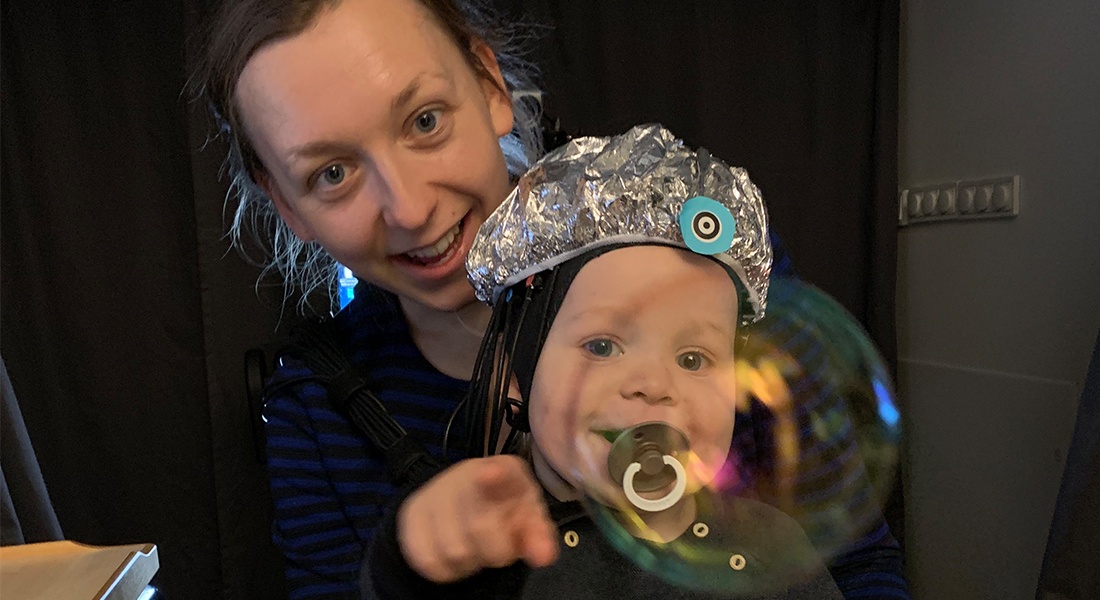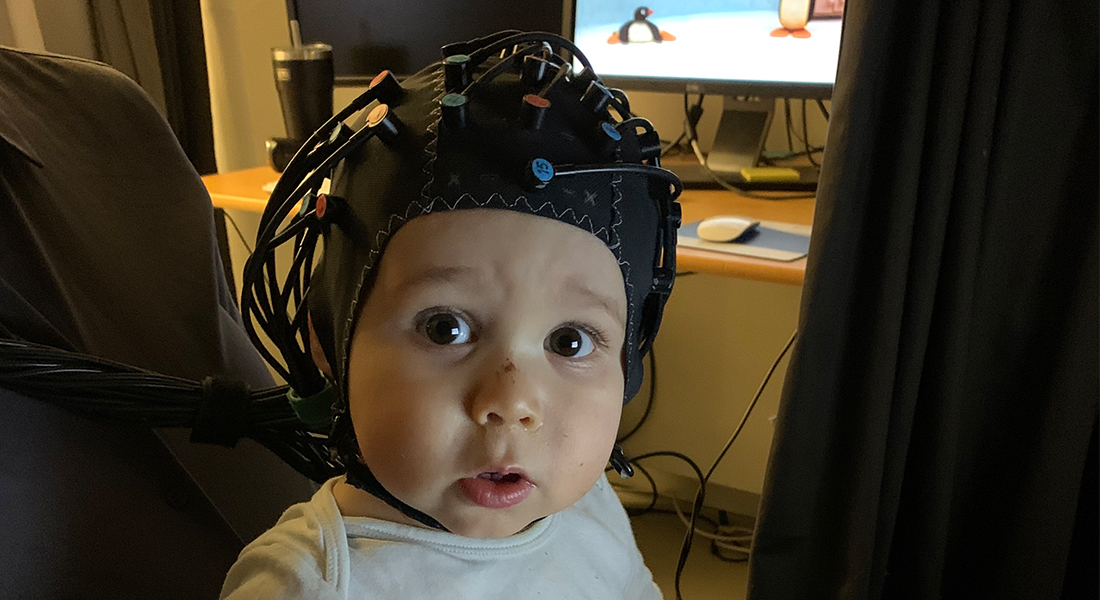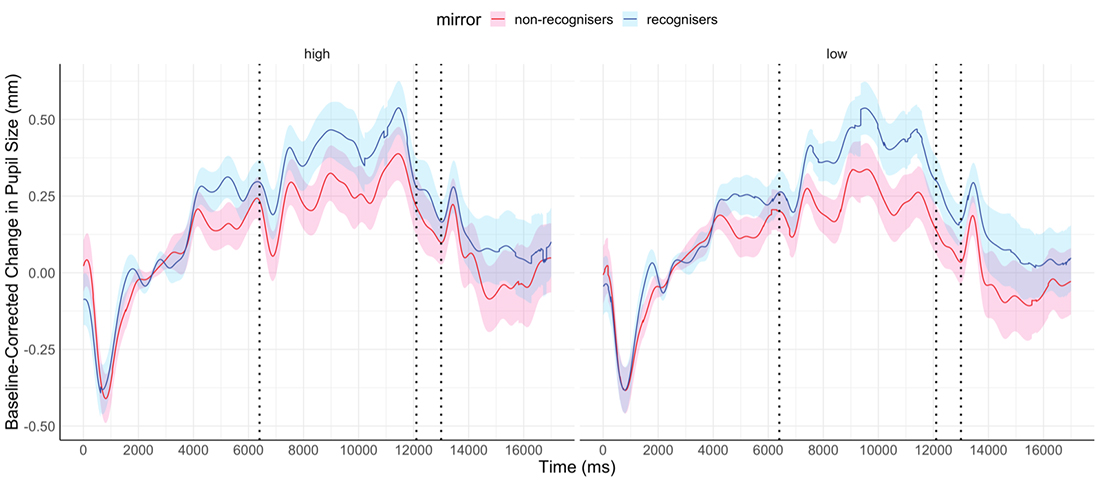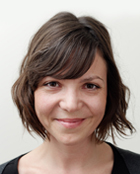Perspective Tracking in the Infant Brain
Based on the results from our previous study (Perspective Tracking in 18 month of infants), we are using a neuroimaging technique (functional near infrared spectroscopy; fNIRS) to investigate how children’s developing understanding of their own perspective influences their ability to track another person’s perspective, especially when it is in conflict with their own.

The design of the study is very similar to our first project where 18-month-old infants watched animated videos in which a person sees a ball jumping into different boxes. In some videos the person does not see that the ball moves to a different box, and in some videos they do. Using eye-tracking, we recorded where the children look during these videos as well as their pupil size.
Previous studies have shown that our pupils grow a little larger when we experience conflict, and we are interested in whether young children will show these changes in pupil size when they have information about the location of the ball that differs from the person in the video. Children also wear a “cap” that allows us to measure blood flow to different areas of the brain and we are interested to see whether there will be more activity in a “conflict monitoring” area in the right front of the brain.

Like in the our previous study, we chose 18-months because about 50% of children begin to recognize themselves in the mirror. This is related to their developing sense of self, or their understanding of their own perspective.
For the present study, we investigated whether children’s looking behavior, pupil dilation, and brain activation patterns differed depending on whether they recognized themselves in the mirror or not.
 Our preliminary findings replicate our previous study. Above is a graph of the change in pupil size as children were watching the video. The blue line shows data from mirror recognizers and the red line is data from mirror non-recognizers. We can see that for most of the video, the pupil size in mirror recognizers is larger than in the other group. We think the shows that a developing sense of self may lead to greater cognitive processing when one is prompted to think about another’s perspective that is in conflict with one’s own. We are in the process of looking at the brain imaging data and we hope to have an update to share soon.
Our preliminary findings replicate our previous study. Above is a graph of the change in pupil size as children were watching the video. The blue line shows data from mirror recognizers and the red line is data from mirror non-recognizers. We can see that for most of the video, the pupil size in mirror recognizers is larger than in the other group. We think the shows that a developing sense of self may lead to greater cognitive processing when one is prompted to think about another’s perspective that is in conflict with one’s own. We are in the process of looking at the brain imaging data and we hope to have an update to share soon.
 |
|
|
PhD, Professor
victoria.southgate@psy.ku.dk
|
 |
 |
|
 |
About the study
Perspective Tracking in the Infant Brain runs from the beginning of May 2022 to the end of July 2023.
The study is supported by the European Research Council (ERC).
Contact
Emanuela Yeung
Postdoc
Centre for Early Childhood Cognition
eyeung@psy.ku.dk
